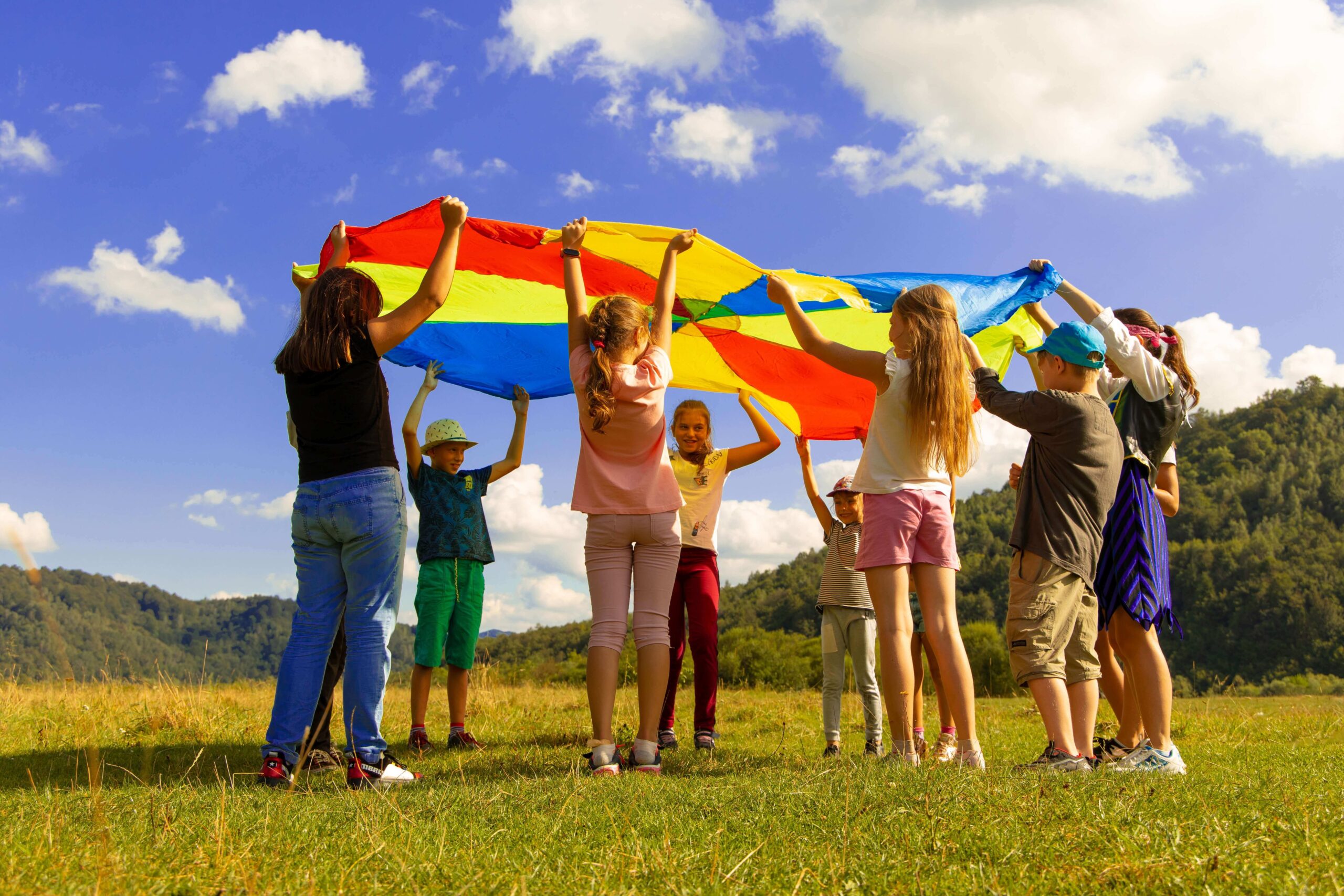The Open Learning School’s pedagogical proposal involves the formation of people and citizens who are increasingly cultured, autonomous, responsible and democratically committed to building a society that enhances the affirmation of the noblest and highest qualities of each human being.
For the Open Learning School, the school is a social formation in interaction with the environment and other social formations in which, permanently, processes of desired and reflected change converge.
The educational intention of the Pedagogical Proposal includes organizational and relational practices of the School that will also reflect the values that inspired and guided the Open Learning School Project.
The Open Learning School recognizes parents’ absolute right to choose the educational project they deem most appropriate for their children’s education and, at the same time, has the right to propose, to society and interested parents, the educational project that it deems most appropriate. to the integral formation of their students.
The Pedagogical Proposal, being a reference for those looking for certain educational principles and objectives, delimits and guides the intervention of all agents and partners in the life of the School and defines its position in relation to the educational administration.
The curriculum
As each human being is unique, each child’s experience at school, learning and developmental path is also unique. Bearing in mind the principles of the project, the fact that your child is in permanent development must be valued.
The individual needs of each child are met in a particular way, since the specific characteristics of each one imply different ways of assimilating reality. For this reason, every child has specific educational needs, manifesting itself in different forms of social and cognitive learning.
For all these reasons, we always guarantee that:
We pay attention to the student as he is
We recognize what makes you unique, welcoming you in your complexity
We discover and value the culture it bears
We help you to discover yourself and be yourself when interacting with others
These are the educational attitudes that encourage the need and desire to learn.
Both at an individual and social level, the journey of each student presupposes an increasingly in-depth knowledge of himself and a solidary relationship with others. The educational path of each child presupposes the individual (subjective) appropriation of the curriculum, which is evaluated by tutors, parents and herself.
At Open Learning School, we define as curriculum the set of attitudes and skills that, throughout the child’s school career, and according to their potential and interests, they must acquire and develop. The concept of curriculum is understood in a double dimension:
Internal or subjective curriculum
It is a (unique) path of personal development. Only the subjective curriculum (the set of acquisitions of each student) is able to validate the relevance of the objective curriculum.
Objective Curriculum
It is the learning reference: it guides the process and personal fulfillment that results from the Open Learning School’s Pedagogical Proposal in line with the affective and emotional development of the child, as well as the development of attitudes related to the value framework of the pedagogical project.
In this way, your child builds their curriculum according to the evolution of their learning, which is recorded and evaluated on the learning platform. All guardians will have access to all records as well as the family.
How do we evaluate
At the Open Learning School, assessment is formative, continuous and systematic as a regulatory process for learning, constructively guiding the school journey of each student. It also allows you, at every moment, to become aware of what you already know and what you are already capable of.
We accompany your child’s path in the construction of his life project, we manage his learning path in the construction of his Subjective Curriculum and also the progressive consolidation of all the attitudes that define the profile of the individual designed and desired by our educational project.
The evaluation of school performance is understood as a mechanism for diagnosing the possibilities of the student that guides the next steps of the educational process, also having a formative character. It is a continuous, dynamic and cumulative process, with the prevalence of aspects of quality over those of quantity.
In addition to the cognitive dimension, the development of affectivity, socialization, self-knowledge, self-esteem, creativity, ethics and autonomy constitute an essential part of the education of the student and the evaluation process.
The portfolio with evidence of the child’s learning will be duly registered in the computerized system so that parents, children and tutors can follow their evolution. In addition to containing the student’s curricular path, the necessary interventions to help the child are also noted, both in relation to cognitive aspects and in relation to emotional aspects and attitudes.
Your child will have weekly meetings with their tutor. Here, he shows the tutor everything he has produced and, orally or by recording, explains what he has learned, clears up doubts and receives new guidance for the continuity of his learning process.
Every day when your child arrives at school, he plans his day. Depending on your level of autonomy, you can do it alone and then show the tutor to make the necessary interventions, or together with the tutor. The day’s planning is based on the biweekly study guide as a reference base for its elaboration.
The tutor will have individual meetings with the family whenever he feels the need to communicate the student’s evolution. When the family feels the need to better understand the child’s learning, it can also schedule meetings that it deems necessary.
Tutoring
A tutor is responsible for the permanent and individualized follow-up of each student’s curricular path. This will be designated by the School Council, among the School’s educators.
The educators of each learning space are also responsible for the development and learning of each student. Educators are guided by the planning of each child’s day, based on the study guide.
School Assembly
The School Assembly represents the students of the school. Its main objective is to unite and move students to discuss their rights and duties, debating various issues about the school, community and society.
This allows students to discuss, create and strengthen countless possibilities for action, both in the school environment and in the local community. It is also an important space for learning, citizenship, coexistence, responsibility and fighting for rights.
Objectives of the School Assembly
It is important to make it clear that one of the main objectives of the school assembly is to contribute to increasing the participation of children in school activities, organizing championships, lectures, projects and discussions through the formation of Responsibility Groups (elected together and with the objective of to solve problems), making them have an active voice and participate – along with parents, employees, tutors, coordinators and directors – in programming and in the construction of rules within the school.
In the Open Learning School, as a direct intervention device, the School Assembly is the educational organization structure that provides and guarantees the democratic participation of students in decision-making by consensus, which respects the organization and functioning of the School. In this way, the children of the Open Learning School exercise their citizenship and develop their autonomy.







